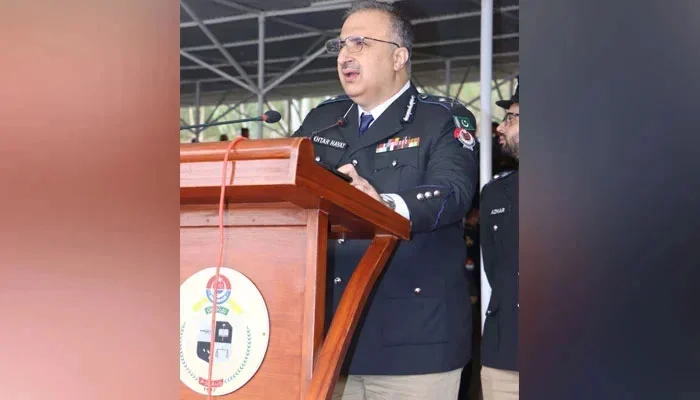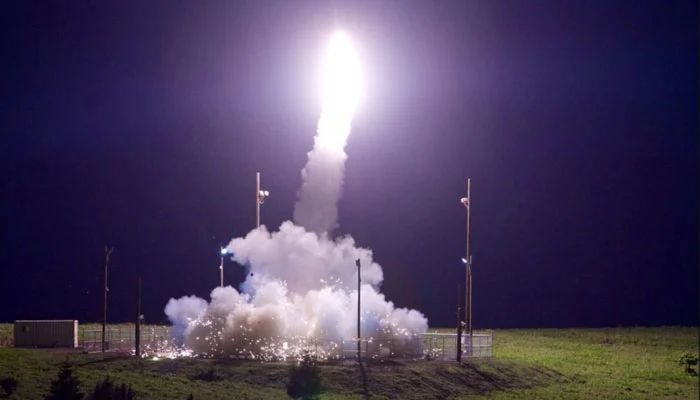Police officers in Khyber Pakhtunkhwa (KP) have raised significant concerns regarding proposed amendments to the Police Act 2017, warning that the government’s efforts to limit police powers could lead to increased political interference and adversely impact the performance of the police force.
Officers view these amendments as a move to gain political control over the police, generating considerable unrest among senior officials who fear a loss of autonomy. Sources indicate that the amendments were presented at a cabinet meeting without the prior knowledge of the Inspector General of Police (IGP), who opposed them during the session, stating that such actions would be detrimental to the police department.
In an interview, IGP Akhtar Hayat Gandapur confirmed his opposition to the proposed amendments and mentioned that the government had retracted several points but stressed that the remaining changes would severely affect policing in the province. He communicated his reservations to the cabinet.
Senior police officials convened a meeting in Peshawar to discuss the amendments and their potential implications on police autonomy, preparing to articulate their position to the provincial government. An officer revealed that both the chief secretary and the IGP voiced their concerns during the cabinet meeting, yet the cabinet ultimately approved the amendments.
During the meeting, the IGP expressed his dismay, suggesting that the proposals could diminish the police force’s status to that of a lesser department. The chief secretary echoed this sentiment, warning that the changes would harm police performance.
A delegation of police officers also met with the speaker of the provincial assembly, conveying their belief that the amendments would pave the way for political interference in police operations, thereby compromising their ability to uphold impartial law and order.
Police officials fear that the proposed changes will convert the Khyber Pakhtunkhwa Police into a politically influenced body, undermining the professionalism and autonomy intended by the original Police Act 2017. Many officers are apprehensive that political leaders will exploit their newfound authority to manipulate police operations, particularly in sensitive political matters or protests.
A senior officer, speaking anonymously, criticized the amendments as a clear attempt to politicize the police force. They emphasized that once political leaders gain control over appointments and transfers, maintaining neutrality would become increasingly difficult. Another officer warned that such interference could foster a culture of favoritism, where officers are rewarded or penalized based on their relationships with political figures rather than their professional merit.
In response to police concerns, the provincial government defended the proposed amendments, asserting that they are essential for enhancing oversight and ensuring police accountability to the public. Barrister Mohammad Ali Saif, the chief minister’s adviser on information, claimed the changes would improve police operations and promote a coordinated relationship between the police and provincial administration. He emphasized the necessity of accountability mechanisms in a democratic system, stating that the reforms aim to balance operational independence with governmental oversight.
The Police Act 2017 was enacted under the Pakistan Tehreek-e-Insaf government, led by then Chief Minister Pervaiz Khattak, to grant greater autonomy to the police force in Khyber Pakhtunkhwa. A key feature of the Act was empowering senior police officers to manage internal affairs without political interference, marking a significant step towards establishing a more professional and transparent police force.
Subsequently, a delegation of police officers met with Chief Minister Ali Amin Gandapur to further discuss their concerns regarding the amendments. The chief minister assured the delegation that their reservations would be considered carefully before any legislative decisions are made.




